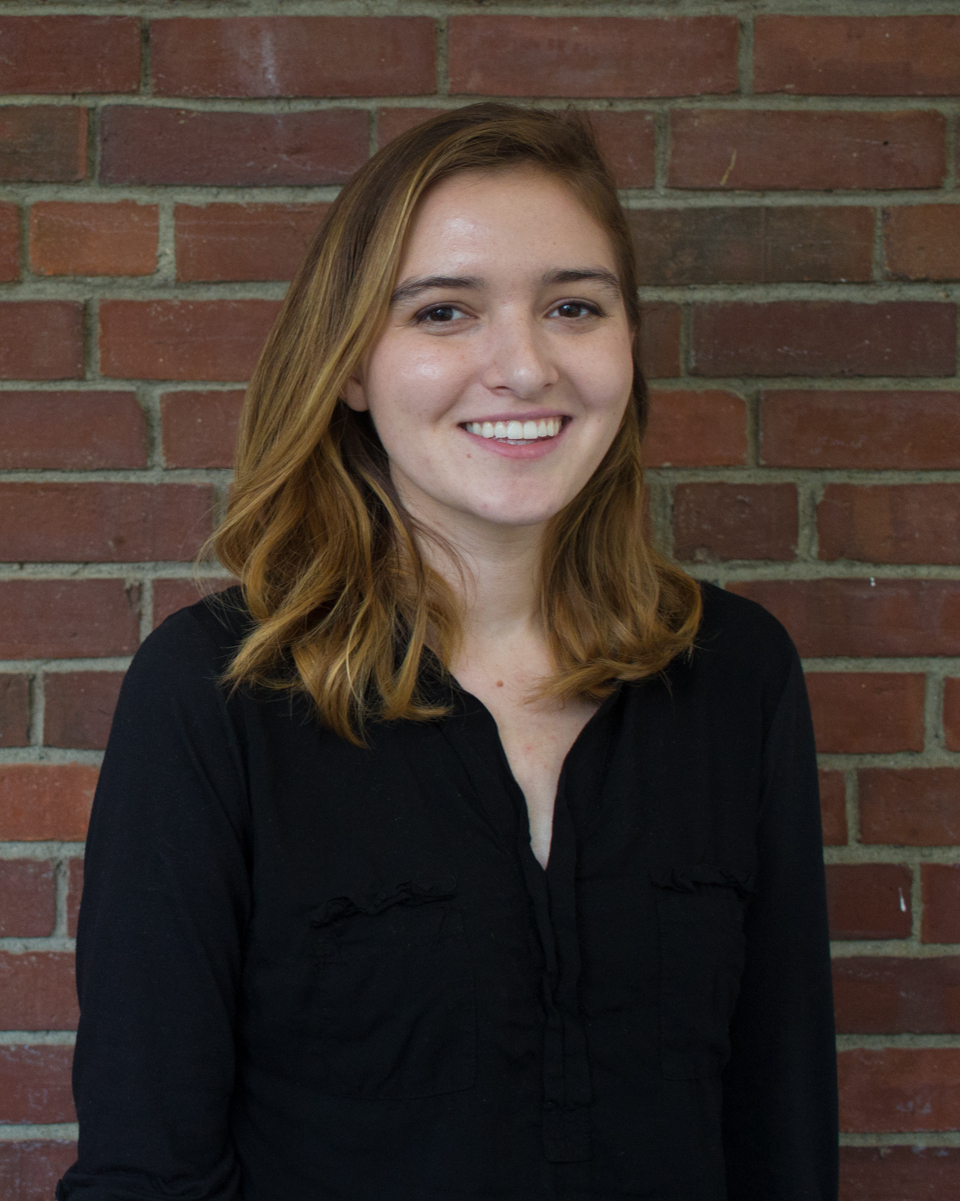Ashley Villar, assistant professor in the Department of Astronomy, has been named a 2024 Packard Fellow for Science and Engineering by the David and Lucile Packard Foundation. This year’s class of Packard Fellows features 20 early-career scientists and engineers, each receiving $875,000 over five years to pursue their research goals.
Villar is an astrophysicist who uses data-driven methods and machine learning to study the eruptions, mergers, and explosions of stars. As a Packard Fellow, Villar plans to harness advances in big data to better understand how dying stars form the heaviest elements in our universe, and what stellar remains, such as black holes and neutron stars, they leave behind.
“Despite a century of study, we still do not have a holistic understanding of how stars die, and where most heavy elements are produced,” said Villar in her proposal to the foundation.
In her research, Villar will use an upcoming 10-year Legacy Survey of Space and Time conducted by the Vera C. Rubin Observatory that is expected to discover 1 million supernovae annually, an increase of 1,000 times today’s rate. In addition, the Laser Interferometer Gravitational Wave Observatory will begin a new search in 2027 for gravitational wave-ripples in spacetime created by colliding stars and black holes. Such collisions signal the formation of heavy elements in the universe. Villar’s work will merge theory, observation, and data science to analyze these transient signals of stellar death.
Packard Fellowships have been awarded since 1988 and have encouraged “visionary work” by providing maximum flexibility through unrestricted funds, including paying for necessities like childcare.
Fellows have gone on to earn esteemed recognitions, including Nobel Prizes in chemistry and physics, among them last year’s Nobel laureate in chemistry, Moungi Bawendi, and this year’s Nobel laureate in chemistry, David Baker. Fellows have been awarded Fields Medals, Alan T. Waterman Awards, Breakthrough Prizes, Kavli Prizes, and elections to the National Academies of Science, Engineering, and Medicine.
Harvard physicist Carlos Argüelles-Delgado won a Packard Fellowship in 2023.





